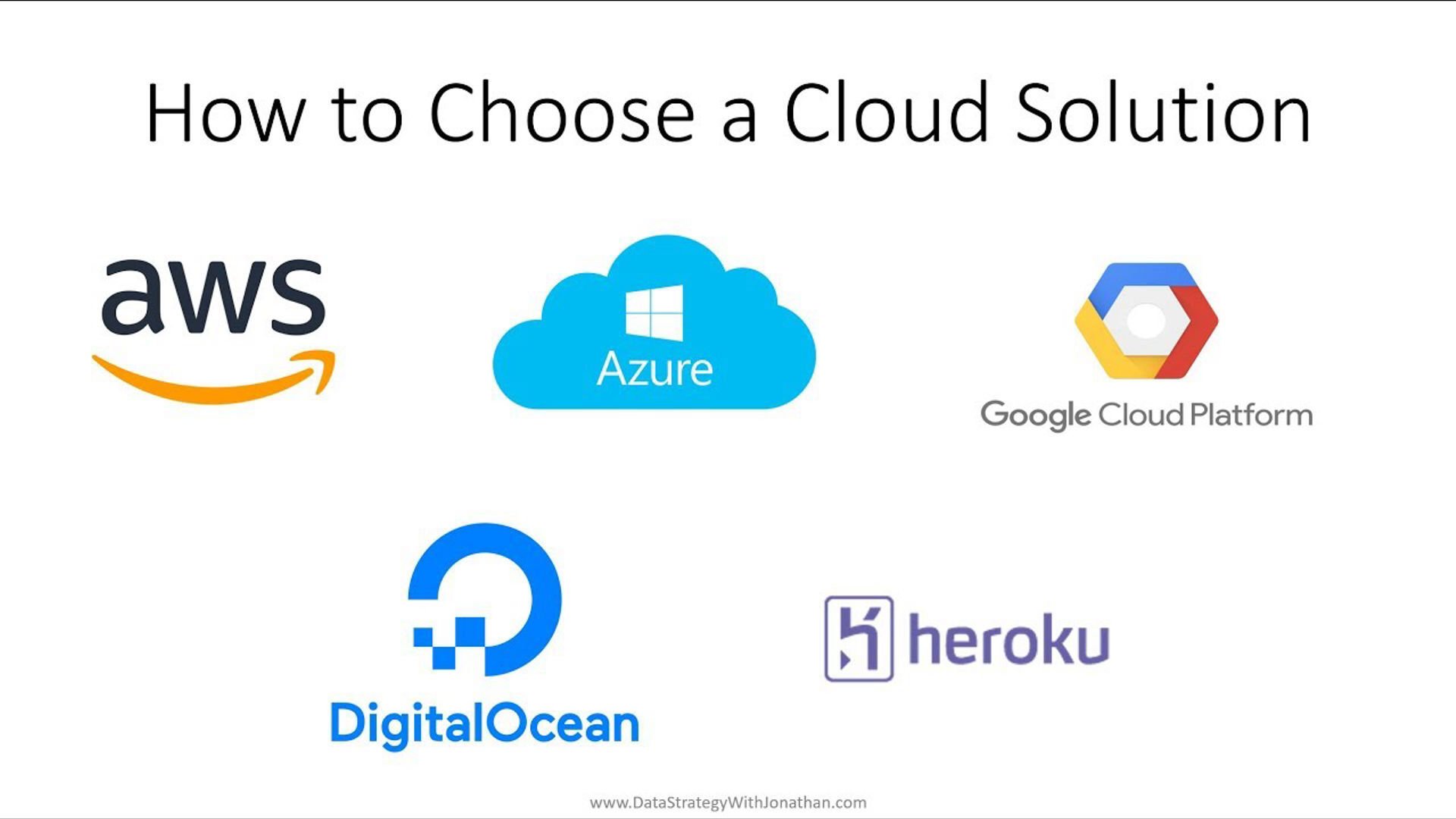When it comes to deploying applications, there are numerous platforms available, each offering unique features and capabilities. Whether you’re a developer just starting out or an experienced professional, understanding the strengths and limitations of different platforms is essential in choosing the one that best suits your needs.
In this article, we’ll compare some of the most popular deployment platforms—Heroku, AWS, Google Cloud Platform (GCP), and DigitalOcean—to help you make an informed decision for your next project.
1. Heroku: Simplified Deployment for Developers
Heroku is a cloud platform that enables developers to build, run, and scale applications quickly. It’s known for its ease of use and simplicity, making it an ideal choice for developers who want to focus more on coding and less on infrastructure.
Key Features:
Ease of Use: Heroku abstracts much of the complexity of server management. Deployment is as simple as pushing your code via Git.
Built-in Add-ons: Offers a marketplace with numerous pre-configured add-ons, such as databases, email services, and caching systems.
Scalability: Easily scale up or down by adjusting the number of “dynos” (containers).
Best For:
Developers looking for quick deployments without worrying about infrastructure.
Startups and small applications that need fast scaling without complex setup.
Drawbacks:
Pricing: While Heroku has a free tier, it can get expensive as your application grows, especially for larger-scale applications.
2. AWS: Powerful and Flexible Cloud Infrastructure
Amazon Web Services (AWS) is one of the largest cloud platforms globally, providing a wide range of services from compute power to machine learning tools. AWS offers the flexibility to deploy almost any kind of application in any environment, from serverless to fully managed instances.
Key Features:
Comprehensive Toolset: AWS offers a huge range of services, including EC2 for computing, RDS for databases, Lambda for serverless computing, and more.
Highly Scalable: AWS automatically scales based on your application’s needs, whether for storage, compute power, or networking.
Security & Compliance: Strong security features and compliance with global standards.
Best For:
Enterprises and large-scale applications requiring flexible, high-performance solutions. Projects needing complex infrastructure setups or specific cloud-native services.
Drawbacks:
Steeper Learning Curve: AWS can be overwhelming for beginners, with a wide array of services and configurations.
Pricing Complexity: Understanding AWS pricing can be difficult, and it may be more costly than simpler platforms.
3. Google Cloud Platform (GCP): Built for Data-Intensive Applications
Google Cloud is a strong contender in the cloud space, offering services similar to AWS but with a strong focus on data analytics, machine learning, and artificial intelligence. It’s known for its integration with other Google services.
Key Features:
Big Data & AI Integration: GCP offers powerful tools for data analysis (BigQuery), AI (TensorFlow), and machine learning (AI Platform).
Global Network: Google’s backbone network ensures fast and reliable service across the globe.
Kubernetes & Containers: GCP has robust support for containerized applications with Google Kubernetes Engine (GKE).
Best For:
Data-heavy applications or those utilizing AI/ML features. Companies already using other Google services like Gmail, Drive, and Google Workspace.
Drawbacks:
Learning Curve: Similar to AWS, GCP can be overwhelming for beginners.
Pricing: GCP’s pricing can be difficult to navigate for smaller projects.
4. DigitalOcean: Simple and Cost-Effective Cloud Hosting
DigitalOcean is a developer-friendly cloud provider known for its simplicity, scalability, and cost-effectiveness. It offers cloud computing resources for developers to deploy web apps, databases, and more.
Key Features:
Simplicity: DigitalOcean makes it easy to deploy and manage applications with a simple control panel and clear documentation.
Affordable Pricing: Offers competitive pricing, with transparent billing and an easy-to-understand cost structure.
Managed Databases & Kubernetes: DigitalOcean offers fully managed databases and Kubernetes clusters, reducing the operational overhead for developers.
Best For:
Small to medium-sized applications and startups. Developers looking for an easy-to-use cloud platform at an affordable price.
Drawbacks:
Limited Services: Unlike AWS and GCP, DigitalOcean has fewer services to choose from, which may limit scalability for complex projects.
Limited Enterprise Features: While great for smaller projects, it may lack the enterprise-level features required by larger companies.
Which Platform is Right for You?
The right deployment platform depends on your project’s size, complexity, and specific needs. Here’s a quick breakdown:
- Heroku is great for small applications or prototypes, especially if you want an easy and quick setup.
- AWS is the go-to for large enterprises and complex, scalable applications that require high customization.
- GCP shines in data-intensive applications, machine learning, and global-scale services.
- DigitalOcean is the best choice for developers looking for simplicity and cost-efficiency with the flexibility to grow.
Choosing a deployment platform is an important decision that impacts how your application scales, performs, and integrates with other tools. Whether you need a simple solution or a highly customized setup, there’s a platform for every need. We hope this comparison helps you make a well-informed choice for your next project!
For further insights into DevOps and deployment platforms, visit the Dev Centre House Services.



